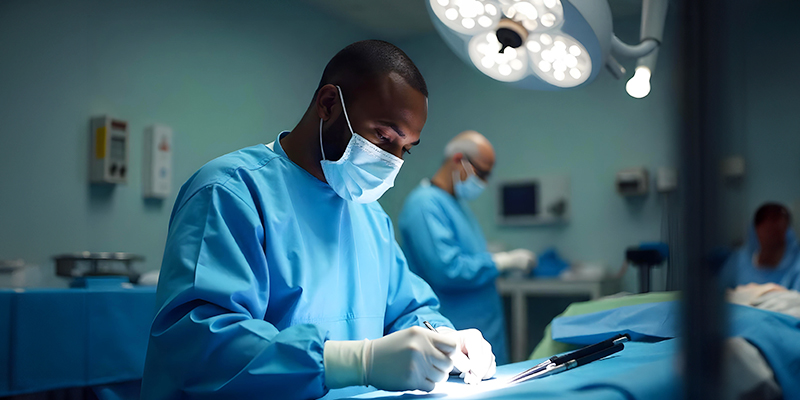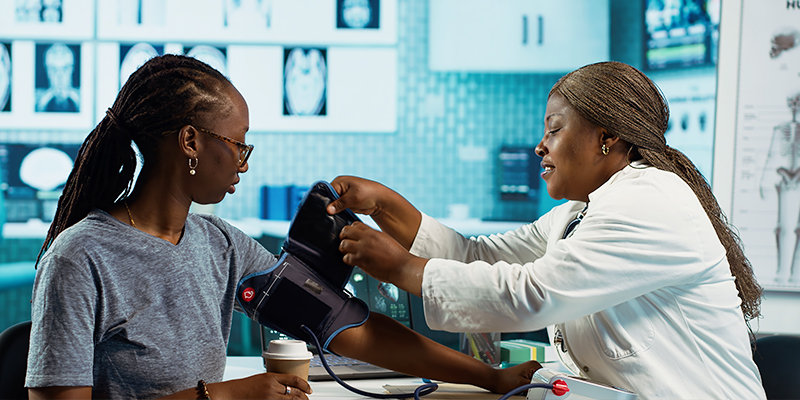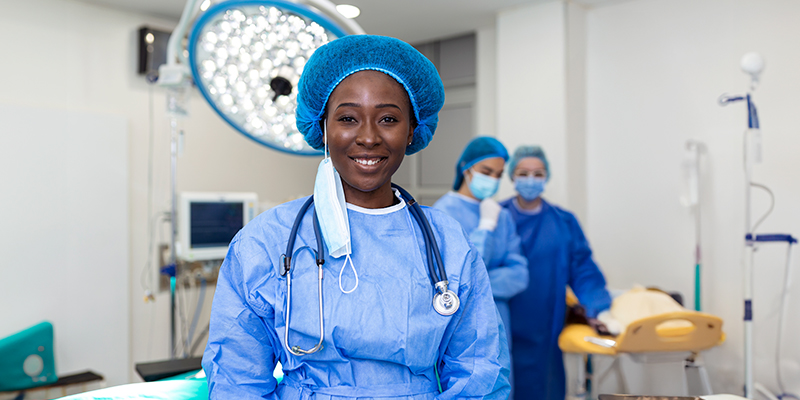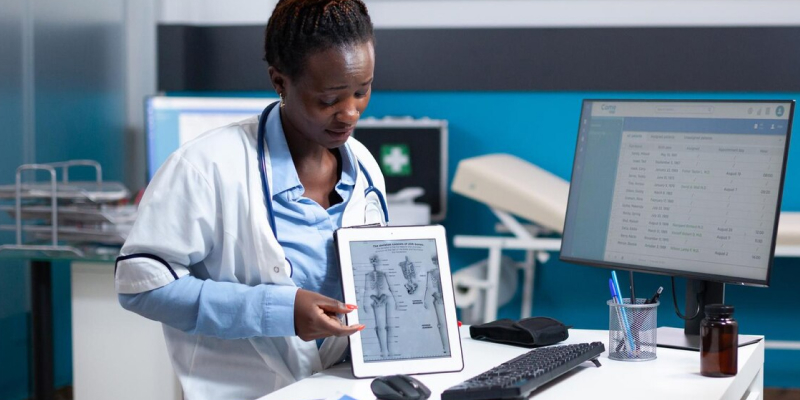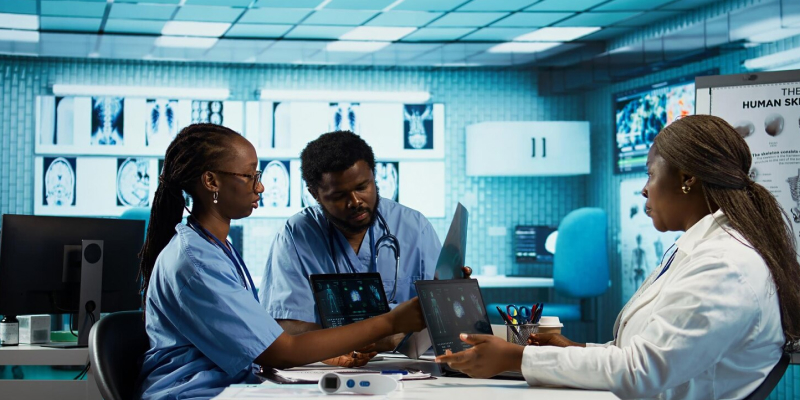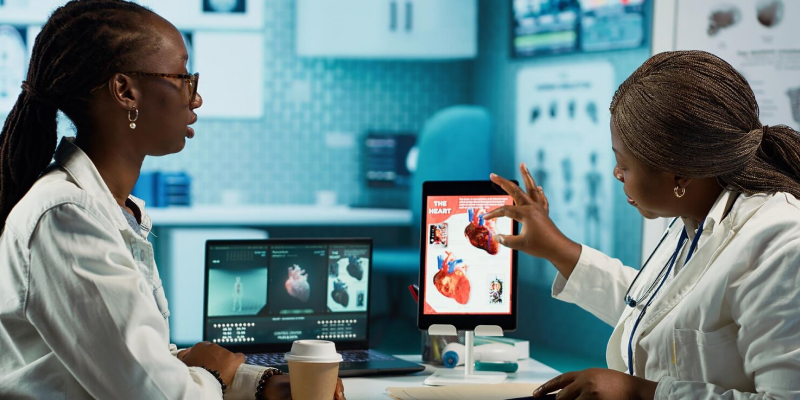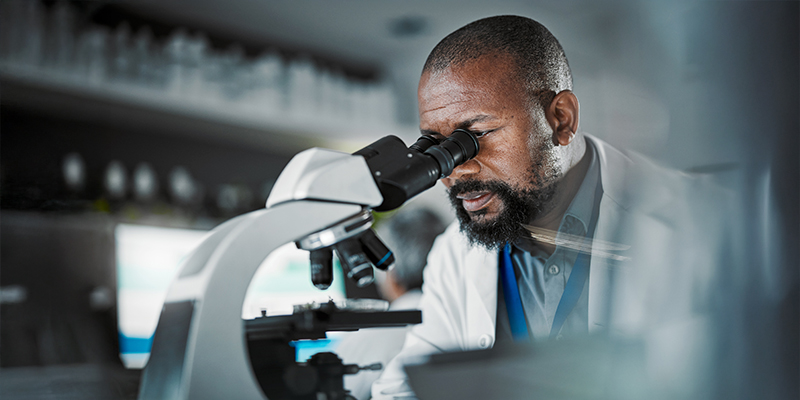Down syndrome, also known as Trisomy 21, is a genetic disorder in which an extra copy of the 21st chromosome is present in the child. This genetic anomaly results in delays in physical and mental development and associated disabilities. Individuals with this syndrome may also have a distinct facial appearance and conditions like thyroid and heart diseases. These disabilities and conditions may reduce life expectancy. Though the condition has no cure, it can be managed with educational support, therapy and other such methods which can help people with Down syndrome live a healthy life. Find its causes, symptoms and treatment methods below in detail.
Down Syndrome: Causes
Down syndrome is a genetic disorder, i.e. it is not caused by any external factors but occurs due to a random error in cell division at the time of the development of the embryo. When a child is born with an extra copy or an extra part of the 21st chromosome, Down syndrome occurs. Depending upon the type of error, Down syndrome can be of 3 types:
- Trisomy 21: Being the most common type of Down syndrome, trisomy 21 occurs when an extra copy of the 21st chromosome is present in every cell of the child’s body.
- Mosaicism: In this type, the extra chromosome is not present in all the body cells but only in some of them, randomly. Individuals with mosaicism experience fewer symptoms and complications as compared to the ones with trisomy 21.
- Translocation: Unlike the other two types, this type is not marked by the presence of an extra chromosome. Rather, only a part of the 21st chromosome is present in individuals with this type of Down syndrome. Therefore, such individuals possess the standard number of chromosomes i.e. 46.
Down Syndrome: Symptoms
The chances of the baby having Down syndrome can be identified during the pregnancy via screening tests, however, no visible or identifiable symptoms appear during this time. Upon birth, the infant with the condition may possess characteristic physical features such as a small head, short neck, small and/or unusually shaped ears, flat facial features and eyes slanting upwards. Also, the growth and development of such infants are usually slower than those without the condition. At a later stage, the child can show behavioural symptoms related to mental, cognitive and social health. These include slow learning capabilities, short attention span, poor judgement and impulsiveness. Physical health complications that people with Down syndrome may experience include:
- Hypothyroidism
- Heart diseases and defects
- Obesity
- Dementia
- Sleep apnea
- Poor eyesight and/or cataracts
- Impaired hearing abilities
- Skin infections
- UTIs
- Respiratory infections
Down Syndrome: Treatment
Since this is a genetic anomaly, Down syndrome has no cure, however, the symptoms and associated complications such as heart diseases and infections can be treated with timely intervention. To manage behavioural, cognitive, social and mental health-related concerns, various educational and therapy programmes are available. They help the child enhance their learning and cognitive abilities, language and speech, motor skills, social skills, sensory skills etc. Additionally, support programmes also help the families of the person with Down syndrome better understand the condition and how to manage it so as to increase the life expectancy of the affected person. Schooling is also important for kids with Down syndrome as it can help them develop social skills and learn life skills even though they may not excel academically.
The Bottom Line
The availability of improved educational programmes and stronger support networks is helping people with Down syndrome live better, longer and more fulfilling lives. To seek the same or know more, consult the healthcare experts at HJ Hospitals today. Also, if you are pregnant, book an appointment with us to get complete a checkup and screening tests done in the state-of-the-art facilities and ensure the well-being of your growing baby.






 Apr 05, 2021
Apr 05, 2021 Admin
Admin




